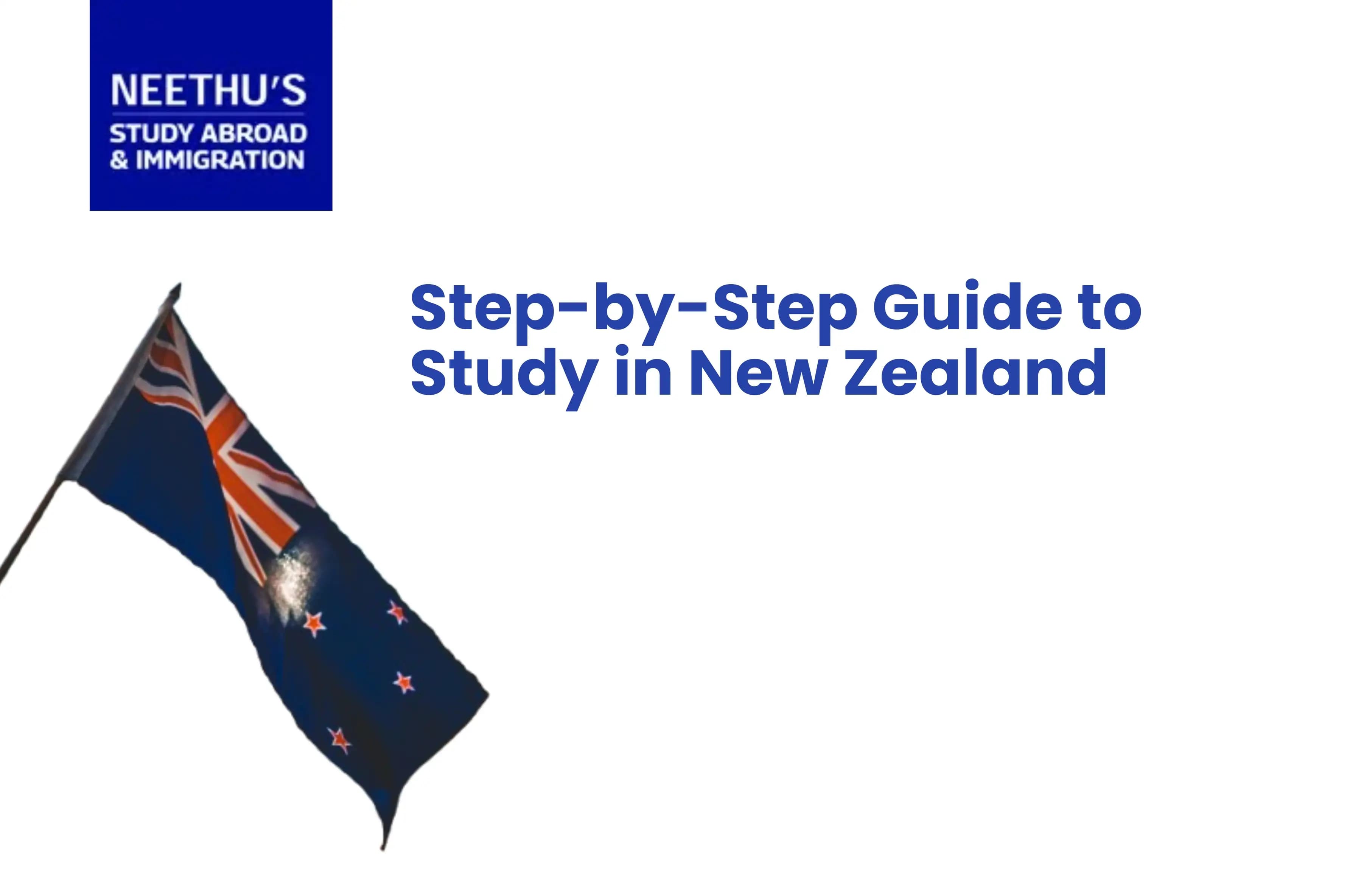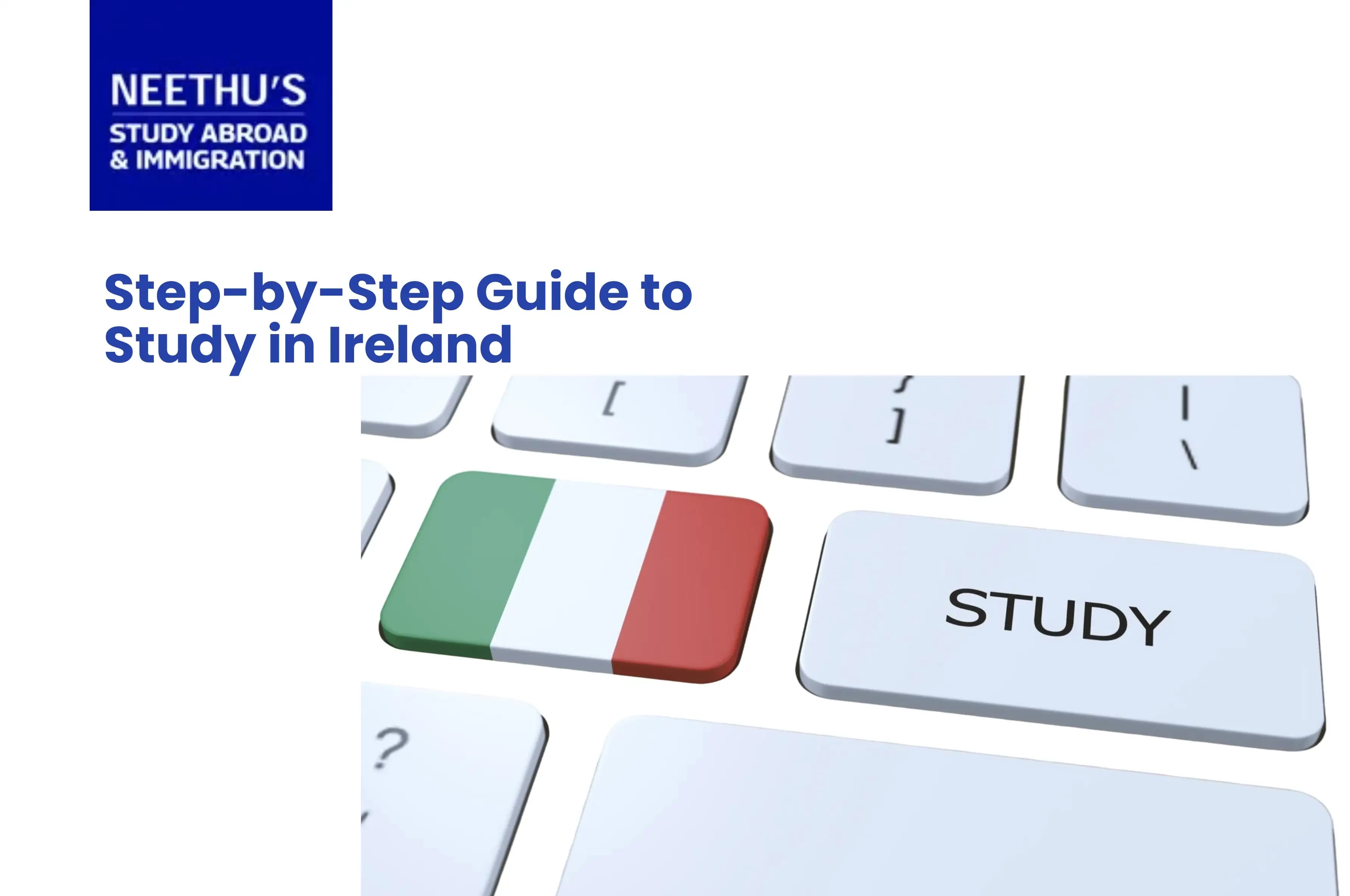UK Health Insurance & NHS Surcharge for Indian Students 2025 – Complete Guide
_06-10-2025_03-42-37%20PM.webp&w=3840&q=75)
It is a dream of thousands of Indian students each year to study in the UK. From top-of-the-line universities to international exposure, the UK has everything a prospective student needs. But before you embark on your academic journey, there is a significant factor you need to learn about — the UK NHS surcharge for Indian students and UK health insurance for students.
This blog demystifies what the NHS surcharge is, why it's needed, how much in 2025, what medical care is included, and what private medical insurance alternatives you may want to look at.
Introduction to NHS Surcharge
The National Health Service (NHS) is the UK's publicly funded healthcare system. To ensure that international students can access necessary healthcare during their time in the UK, the government introduced the Immigration Health Surcharge (IHS) — also referred to as the NHS surcharge.
When applying for a UK Student Visa (Tier 4), Indian students are required to pay the NHS international student fee as part of their visa application. Once paid, it grants you access to the NHS in the same way as UK residents, meaning you can receive most medical treatments without additional costs.
This system ensures that international students, including those from India, are not burdened with expensive private medical bills if they fall ill or need medical assistance during their stay.
Why Health Insurance Is Mandatory
The UK government makes health insurance mandatory for international students for one simple reason — to ensure you’re protected and can access essential healthcare during your time in the country.
Indian students in the UK for over six months have to pay the NHS surcharge when applying for their student visa. You will not be approved for your visa if you don't pay this.
Here's why you should care:
-
It pays for emergency and routine treatment while you are there.
-
You can get registered with a General Practitioner (GP) close to your university.
-
It removes the necessity to purchase costly private health insurance for general healthcare.
-
It provides equitable contribution by all residents (students) utilizing the NHS.
Basically, the NHS surcharge provides Indian students with confidence — you can study, work part-time, and discover the UK without fear of incurring unforeseen medical expenses.
Cost of NHS Surcharge in 2025
The NHS surcharge cost in 2025 varies with the duration of your visa. For students, the UK government has established a reduced per annum rate for other visa classes.
Here's how it stands for 2025:
-
£776 annually for students.
-
£388 if your visa is shorter than six months.
-
The charge is payable for every year (or proportion of a year) of your visa length.
For instance, if you're doing a 2-year master's course, and your visa is valid for 2 years and 4 months (extra time both before and after your course), you might pay for 3 years' NHS surcharge, which amounts to £2,328 (£776 × 3).
It's worth mentioning that even though you might have private health insurance, the NHS surcharge still needs to be paid since it's a compulsory visa requirement.
The payment is done online when you submit your visa application on the UK Government website, and it has to be paid prior to your visa being processed.
What Services Are Covered Under NHS
By paying the NHS surcharge, you will be able to use most NHS healthcare services for free at the point of use, as would be the case with UK citizens. This is perhaps the largest benefit of studying in the UK.
This is what's covered under NHS:
-
Visits to a General Practitioner (GP) – You can sign up for a local GP and schedule visits for consultations.
-
Hospital procedures – Scheduled and emergency hospital services are covered.
-
Accident and emergency services – Full coverage during accidents or emergencies is provided.
-
Referral by a specialist – If your GP refers you to a specialist or consultant, the treatment is covered.
-
Mental health services – Access to counselling and therapy where available.
-
Maternity care – Basic prenatal and postnatal healthcare.
-
Vaccinations and immunisations – Including flu, COVID-19, and other preventive vaccines.
However, not every medical service is entirely free. Some treatments require additional payment, including:
-
Dental care – Most dental treatments are chargeable, even under NHS.
-
Optical services – You’ll need to pay for eye tests, glasses, or contact lenses.
-
Prescriptions – In England, you typically pay a standard prescription charge for each item (approximately £9.65 for each medicine).
Nevertheless, the NHS is one of the most efficient and affordable healthcare systems in the world, particularly for foreign students from nations such as India, where private medical expenses elsewhere can be exorbitant.
Alternatives and Private Insurance Options
Though the NHS surcharge pays for the majority of basic healthcare, some Indian students go in for private UK health insurance for students for greater flexibility and perks.
-
Private or additional insurance can be beneficial for:
-
Quicker access to specialists and elective procedures.
-
Payment of dental, eye, or physiotherapy expenses.
-
Repatriation or urgent return travel to India for medical issues.
-
Access to private hospitals with quicker waiting times.
Some of the most popular providers of student health insurance in the UK are AXA, Allianz Care, BUPA, and Endsleigh. Policies normally cost between £200–£600 annually, depending on your age, what is covered, and how long you're staying.
If you already hold an international policy in India, see if it covers medical costs abroad in the UK — it can be an effective means of top-up cover for NHS protection.
Keep in mind: private insurance is not required, but you have to pay the NHS international student fee if you're on a student visa for more than six months.
Healthcare in the UK for Indians: How It Works
After you get to the UK, the initial step is to register with a local GP (doctor) close to your place of residence. You'll typically have to present your passport, visa, and address proof.
Once registered, you can book appointments, be referred, and receive medical guidance about any health concerns. During emergencies, you can visit the Accident & Emergency (A&E) unit at the closest hospital directly.
Most universities also maintain on-campus health centres or student clinics that are partnered with the NHS, with the aim to provide international students with rapid and trustworthy medical attention when needed.
Conclusion
The UK NHS surcharge for Indian students is a vital component of your visa application and an excellent investment in your health and good sense. With it, you can indulge in extensive healthcare for Indians in the UK through the NHS — one of the world's finest healthcare systems.
Although private health insurance is not required, it can be added to cover NHS services if you would like additional services or quicker access. When planning your studies in the UK, ensure that you factor in the NHS international student fee into your cost so you can concentrate on what is most important — your education and experience living abroad, with no concerns over medical bills.
Frequently Asked Questions
How much is the NHS surcharge for Indian students in 2025?
The NHS surcharge for Indian students is £776 annually or £388 for part-year.
Is NHS insurance mandatory for all students?
Yes, all international students applying for a UK student visa over six months must pay the NHS surcharge.
What medical services are included in NHS?
It includes GP consultations, hospital care, emergency treatment, maternity, mental health, and immunisations.
Can Indian students get additional private health insurance?
Yes, Indian students can purchase additional private insurance for quick service, dental, or eyesight which is not dealt with by the NHS.
_24-10-2025_05-10-31%20PM.webp&w=3840&q=75)
_24-10-2025_04-55-51%20PM.webp&w=3840&q=75)
_22-10-2025_04-40-20%20PM.webp&w=3840&q=75)
%20(1)_21-10-2025_03-05-46%20PM.webp&w=3840&q=75)
_21-10-2025_02-43-15%20PM.webp&w=3840&q=75)
_17-10-2025_05-08-52%20PM.webp&w=3840&q=75)
_17-10-2025_04-54-54%20PM.webp&w=3840&q=75)
_15-10-2025_03-46-47%20PM.webp&w=3840&q=75)
_14-10-2025_03-42-40%20PM.webp&w=3840&q=75)
_14-10-2025_03-29-48%20PM.webp&w=3840&q=75)
_13-10-2025_03-48-51%20PM.webp&w=3840&q=75)
_11-10-2025_04-28-42%20PM.webp&w=3840&q=75)
%20(1)_09-10-2025_04-12-08%20PM.webp&w=3840&q=75)

_07-10-2025_02-55-25%20PM.webp&w=3840&q=75)
_07-10-2025_02-39-51%20PM.webp&w=3840&q=75)
_03-10-2025_04-42-59%20PM.webp&w=3840&q=75)
_01-10-2025_11-12-12%20AM.webp&w=3840&q=75)
%20(1)_29-09-2025_02-54-12%20PM.webp&w=3840&q=75)

_26-09-2025_12-14-18%20PM.webp&w=3840&q=75)
_24-09-2025_04-44-26%20PM.webp&w=3840&q=75)
_23-09-2025_04-14-36%20PM.webp&w=3840&q=75)
_22-09-2025_04-08-09%20PM.webp&w=3840&q=75)
_20-09-2025_03-26-03%20PM.webp&w=3840&q=75)
_17-09-2025_04-06-42%20PM.webp&w=3840&q=75)
_15-09-2025_04-43-43%20PM.webp&w=3840&q=75)
_13-09-2025_12-17-49%20PM.webp&w=3840&q=75)
_12-09-2025_04-31-36%20PM.webp&w=3840&q=75)
_12-09-2025_04-17-03%20PM.webp&w=3840&q=75)
_10-09-2025_03-59-59%20PM.webp&w=3840&q=75)
_09-09-2025_04-11-16%20PM.webp&w=3840&q=75)
_09-09-2025_03-53-52%20PM.webp&w=3840&q=75)





















































_12-06-2025_03-40-35%20PM.webp&w=3840&q=75)

